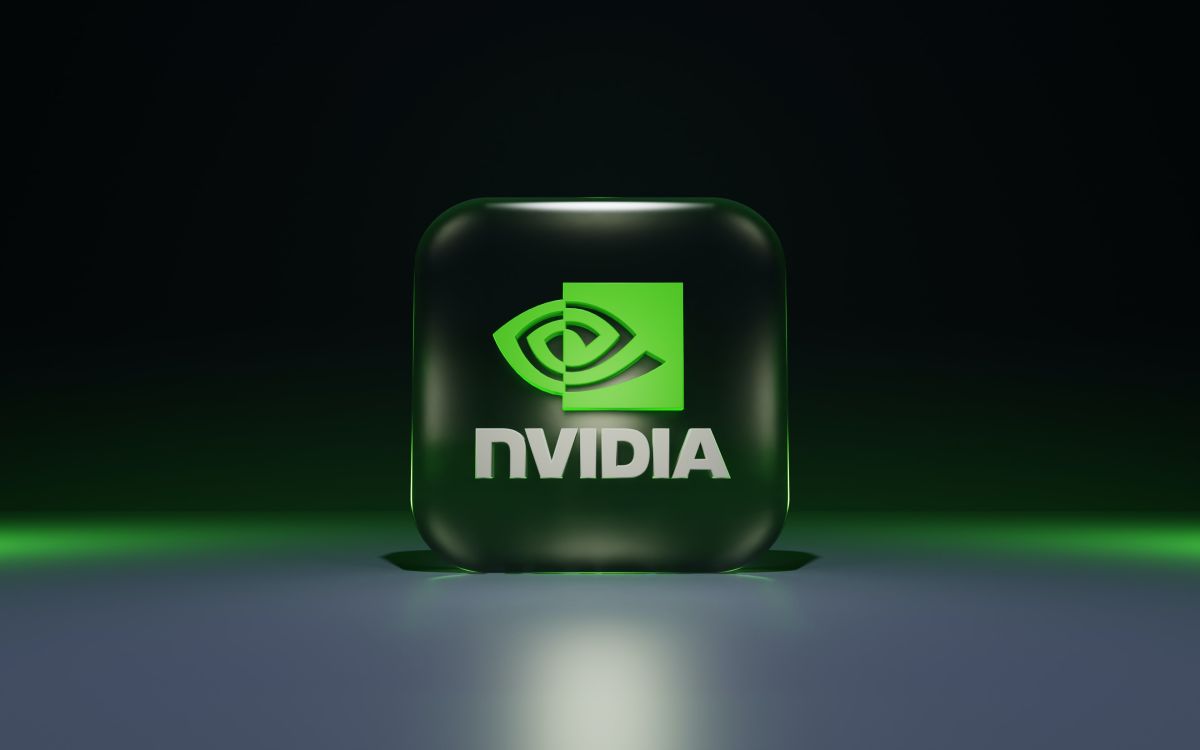A Better Way to Use Ninite
Ninite is a great way to easily install many essential programs. It takes the work out of loading a new computer with the software you need. While there is one thing that may cause some problems for users, there is a way to work around it.
Ninite is a website that will let you choose which tools you want to load. It then provides you with a single installer to download. From there, it automatically installs everything you need. There is no need to visit individual websites, sift through them to find the installer, and go through them step-by-step. Ninite does all that for you; the problem is that you cannot control the order in which it loads what could be dozens of applications.
Typically, the first applications to be loaded are web browsers or other productive software. The last programs to load are those that protect your system. In fact, when testing Ninite, the last thing to load was the anti-virus.
The reason for this is fairly obvious. People do not really work with an anti-virus. A user may manually scan a file or make an unscheduled scan, but it largely runs unobtrusively in the background. A web browser is a different story, especially since they can perform so many functions these days. Ironically, web browsers are a part of the problem since they introduce vulnerabilities.
Flash, pdf files, javascripts, and web-mail attachments are all things commonly used on the web that can introduce viruses, trojans, worms, and other forms of malware. If an anti-virus is running, chances are that it will catch infected files and websites before they harm the computer. Some anti-virus programs can even warn a user if a web page has been reported as dangerous. Each time you see your anti-virus tell you it found an infected file ,it has saved you trouble and prevented damage.
Without an anti-virus running, there is nothing to stop malicious programs from doing whatever they want to a system. The potential exists for the computer to be destroyed or personal information stolen. At the least, they cause a system to become unstable. Time will be needed to restore the system to normal operation. Oftentimes these problems could have been avoided if basic precautions were taken. A user would be safer if the anti-virus and other protective software loaded first.
Fortunately, there is an easy way to make this happen even though Ninite does not let you customize the order in which installation occurs. What you can do is create two installers, the first one with critical software and the second with everything else. The critical software should include one anti-virus and at least one anti-malware title. It typically is recommended to use just one anti-virus title at a time. The reason is because one anti-virus program may mistake the database of the other anti-virus for an actual virus. From there, other programs, such as Truecrypt and Keepass, may be considered critical too since they relate to security.
Now, once the first installer is finished, the computer is reasonably protected. It is much safer to browse the web and download files. A user or administrator can even scan systems easily to check for problems and fix them. Make sure you check the anti-virus to make sure it is up to date or let it update itself before using the second Ninite installer. Doing this will ensure that you are using Ninite in the safest way you possible.
"An ounce of prevent is worth a pound of cure." -- Benjamin Franklin
Advertisement
















One issue with installing the A/V software first is that in many cases to properly install software, the A/V software must be turned OFF. So, what is the purpose of installing the A/V software first, then having to disable it, run the installer for the other programs, then finally turn the A/V back on?
Either I trust Ninite and the installer files it creates or I don’t. I’d rather have clean installs of all my software, and THEN install the A/V software, enable it, download the latest virus database files, and run a full system scan.
I used to run my system without an anti-virus. That was back when I used Win98 while others where getting “blasted” with WinXP. In those days, if you avoided exploit/virus drive myspace, you were fine.
These days? Just a year or two ago Gizmodo was infecting computers. What? How? It’s new advertiser was running malicious scrips through the in-page ads infecting thousands. Almost every site runs scripts from another party that it trusts. When that trust is breached, some people are going to get infected. The problem was quickly resolved, but the damage was done.
A threat doesn’t have to come from a virus. Most anti-virus software now scans for malware too. I’ve found problems on friends computers plenty of times.
You are never completely safe on-line. You never know what might be on a friends flash drive. You never know when you will have a “Why did I do that?” moment.
“Advantage of this method is that I save so much time not updating av software and also the comp stays more responsive without all the background activity.”
My AV auto-updates. I’d think most others do too. So no time wasted there.
And responsive??? If it’s any sort of modern PC (2GB+) it should be fine; AV companies have learned long ago to not hog system resources. False arguments those two; dangerous ones at that.
“I am not using an antivirus or similar program for a few years now and I never had anything.”
Hang on; how can you even begin to think that?
Do you know what every file on your PC is up to? If you haven’t got a scanner, how can you know that nothing has managed to get in?
“Without an anti-virus running, there is nothing to stop malicious programs from doing whatever they want to a system.†Yes there is. It’s called common sense together with being slightly internet savvy.”
Even though it is a blanket statement it’s true; no matter how safe you think you are, if somehow by human error or some other means, something gets onto the system, there is no way you can stop it doing what it wants to do if you don’t know it’s there.
Fair dos – you’re internet savvy and have common sense, but what about computers with multiple users? How can you trust that everyone has “common sense” and is “internet savvy”?
And anyway; no amount of common sense is going to stop a virus/keylogger/malware doing whatever it wants once it’s on there. This isn’t just about preventing it getting onto the system, it’s about doing something about it once it’s on there.
I dislike those blanket statements.
“Without an anti-virus running, there is nothing to stop malicious programs from doing whatever they want to a system.” Yes there is. It’s called common sense together with being slightly internet savvy. I do think some people need AV software but I dislike those blanket statements. In the last 2 years, I had one full system scan and some realtime scanner hits (new windows install together with the MS AV). It was keygens, a virus I downloaded to upload to virus total so I could tell someone which tool best to use to remove it and the set of Android root/unlocking tools. Great, I feel so much better.
Well, even with common sense you can get into situations that you cannot control or foresee. This is for instance true if someone attacks you with a 0-day exploit discovered in a program you use. While you could say that antivirus would not necessary pick that up either, it could help if the 0-day would allow drive by downloads for instance. I agree though that common sense and experience is often a better protection than the best security software on the market.
I agree with Christoph Wagner.
I am not using an antivirus or similar program for a few years now and I never had anything. Of course, I applied common sense and checked all potentially bad downloaded files with VirusTotal or ran some keygen software without admin rights or even sandboxed.
Advantage of this method is that I save so much time not updating av software and also the comp stays more responsive without all the background activity.